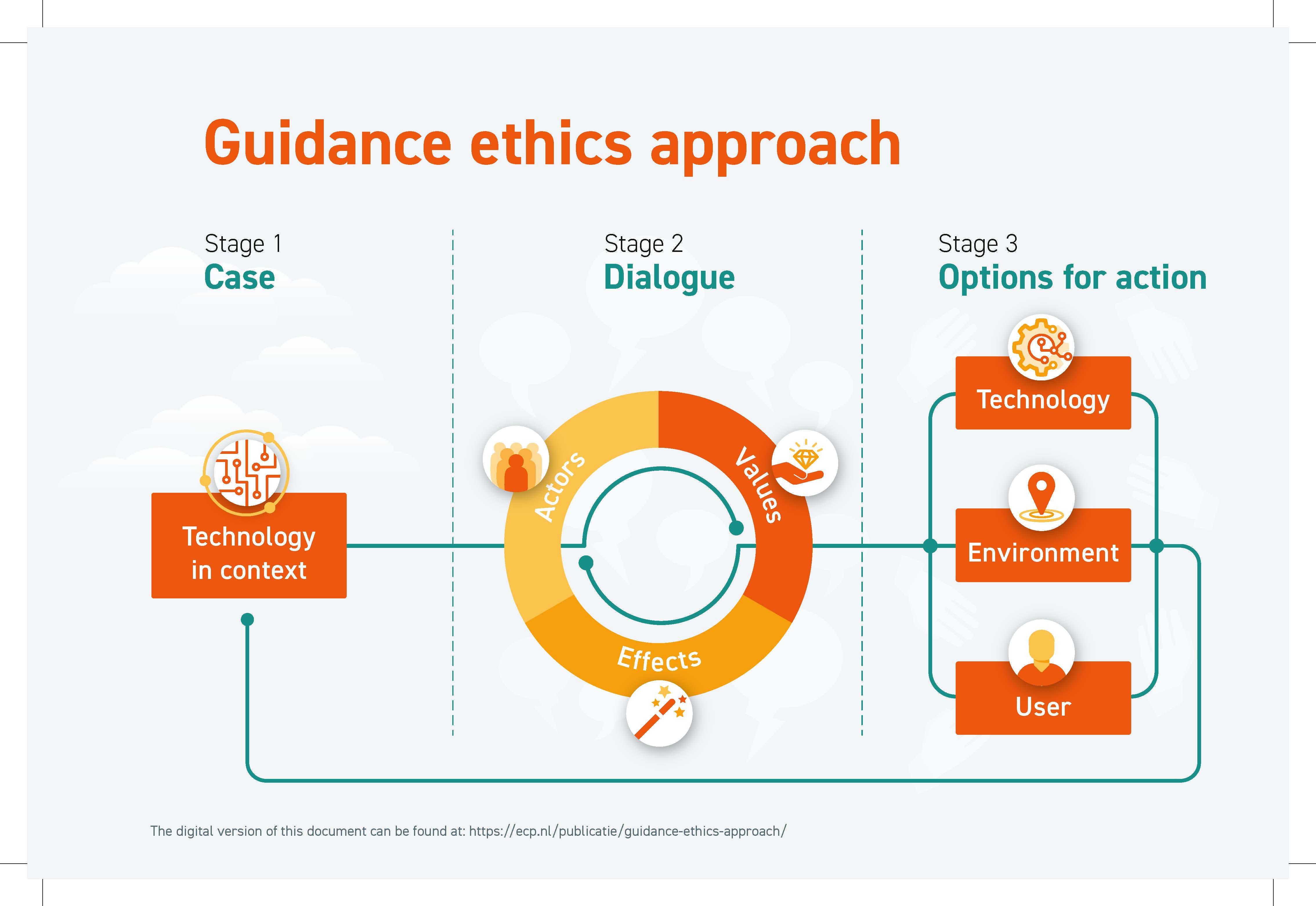In an ever-evolving digital landscape where artificial intelligence plays an increasingly integral role, the ethical considerations surrounding its development and implementation have become more critical than ever. As physicists at the forefront of technological advancements, we are tasked with not only pushing the boundaries of what is possible, but also ensuring that the impact of our innovations remains ethically sound. Join us as we navigate the complex terrain of AI ethics and explore the responsibilities that come with shaping the future of artificial intelligence.
Understanding the Ethical Implications of AI Development
As physicists delve deeper into the realm of artificial intelligence, the ethical implications become increasingly complex and critical to consider. It is vital to understand the impact of AI development on society, individuals, and the environment. Ethical considerations must guide every step of the process, from the design phase to implementation and beyond.
Key points to ponder include the responsibility of creators to ensure AI systems do not perpetuate biases or harm vulnerable populations. Additionally, transparency and accountability are essential to maintain trust in AI technologies. By actively engaging in discussions surrounding ethics in AI development, physicists can help shape a future where intelligent systems benefit humanity without compromising ethical principles.

Examining Bias and Fairness in AI Systems
In the world of artificial intelligence, it is crucial to examine bias and fairness within AI systems to ensure ethical outcomes. As physicists delve into the complex world of AI, it is essential to consider the societal impacts of these systems and how to mitigate bias to promote fairness and equality. By understanding the ethical considerations of AI, physicists can contribute to creating more just and transparent technologies that benefit all members of society.
When examining bias in AI systems, physicists should consider the following key factors:
- Data Collection: Ensure diverse and representative datasets are used to train AI models.
- Algorithmic Transparency: Strive for transparency in AI decision-making processes to identify and address bias.
- Impact Assessment: Continuously evaluate the impact of AI systems on marginalized communities to prevent discriminatory outcomes.

Addressing Accountability and Transparency in AI Technology
When it comes to the world of artificial intelligence, accountability and transparency are essential components in ensuring that ethical standards are met. As physicists delve into the complexities of AI technology, it is crucial to address the ethical implications that come with its development and implementation. One way to achieve this is by fostering a culture of responsibility within the field, where researchers and developers are held accountable for the outcomes of their work.
By embracing transparency, physicists can help to build trust with the public and stakeholders, by openly sharing information about the AI systems they create. This can involve providing insight into the algorithms used, the data sets employed, and the decision-making processes involved in the technology. Through open communication and clear documentation, physicists can work towards ensuring that AI technologies are developed and utilized in an ethical and responsible manner.

Implementing Ethical Guidelines for Responsible AI Use
As physicists, we are used to analyzing data, running simulations, and understanding complex systems. However, when it comes to the field of artificial intelligence, it is essential that we not only focus on the technical aspects but also consider the ethical implications of our work. is crucial to ensuring that the technology we develop is used in a way that benefits society as a whole.
When working with AI, it is important to keep the following ethical considerations in mind:
- Transparency: Ensure that the AI algorithms and decision-making processes are transparent and explainable.
- Fairness: Avoid bias and discrimination in AI systems by ensuring that they are trained on diverse and representative datasets.
- Privacy: Protect user data and privacy by implementing robust security measures and obtaining consent for data collection.
The Way Forward
In conclusion, understanding the ethics surrounding artificial intelligence is crucial for physicists as they continue to push the boundaries of technology. By considering the impact of their work on society and the potential consequences of AI development, physicists can strive to create a future where artificial intelligence is used ethically and responsibly. As we navigate this complex and evolving field, let us remember the words of physicist Richard Feynman, “The first principle is you must not fool yourself, and you are the easiest person to fool.” May our pursuit of knowledge be guided by the highest ethical standards, ensuring a brighter future for all.